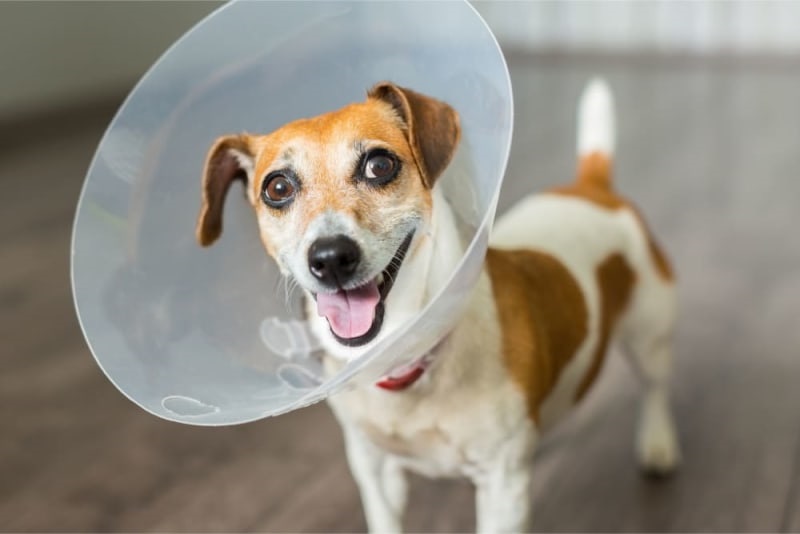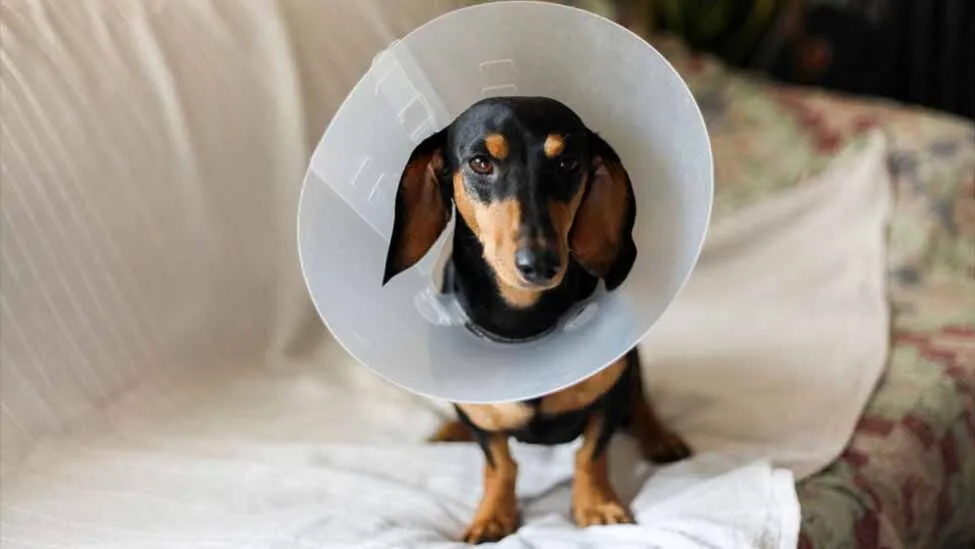Congratulations on deciding to neuter your dog! Neutering is a common procedure that offers several benefits for your furry friend’s health and well-being. However, it’s natural to have questions and concerns about what to expect after the surgery.
In this article, we’ll guide you through the post-neutering period, providing you with valuable insights and tips to ensure a smooth recovery for your beloved pet. I’d like to inform you that the article has been sourced from https://dogguides.xyz/.
Understanding Neutering
Neutering, also known as castration, is a surgical procedure that involves removing the testicles in male dogs. The primary purpose of neutering is to prevent unwanted pregnancies and reduce the risk of certain health issues, such as testicular cancer and prostate problems.
The Immediate Post-Neutering Period
Once the surgery is complete, your dog will require some time to recover from the anesthesia. During this period, your veterinarian will closely monitor your dog’s vital signs and ensure that they are stable before allowing you to take your furry friend home. It’s essential to follow your vet’s instructions carefully to ensure a safe transition.
Physical and Behavioral Changes
It’s normal for your dog to experience some pain and discomfort after the surgery. Your veterinarian will provide you with pain medication to help manage any post-operative discomfort. Additionally, you’ll need to keep a close eye on the incision site and follow your vet’s instructions for cleaning and care.
Neutering can also lead to changes in your dog’s behavior. It’s common for male dogs to exhibit a reduction in aggression and roaming tendencies. However, it may take a few weeks for these behavioral changes to fully manifest.
Exercise and Activity
During the initial recovery period, it’s important to provide your dog with a quiet and comfortable environment to rest and recuperate. Your vet will provide guidelines regarding exercise restrictions, and it’s crucial to follow them to prevent complications.
Potential Complications
While complications after neutering are rare, it’s important to be aware of potential issues. Infections, swelling, and discharge at the incision site should be monitored closely. Changes in urination, such as difficulty or excessive urination, should also be reported to your veterinarian promptly.
Long-Term Benefits of Neutering
Neutering offers numerous long-term benefits for your dog’s overall health and behavior. It reduces the risk of certain cancers and reproductive diseases, eliminates the risk of testicular tumors, and can help curb unwanted behaviors such as marking and aggression.
Conclusion
Neutering is a responsible decision that can greatly benefit your dog’s health and well-being. By understanding what to expect after the procedure, you can ensure a smooth recovery for your furry companion. Remember to follow your veterinarian’s instructions, provide a calm and comfortable environment, and give your dog plenty of love and care during this period.
FAQs (Frequently Asked Questions)
Is neutering painful for dogs?
Neutering is a surgical procedure performed under anesthesia, so your dog won’t experience any pain during the surgery. However, some discomfort and soreness are normal during the recovery phase.
How long does it take for a dog to recover from neutering?
The recovery time can vary depending on the dog’s age, size, and overall health. In general, most dogs recover within 10 to 14 days after the surgery.
Can my dog engage in physical activity after neutering?
During the initial recovery period, it’s important to restrict your dog’s physical activity as directed by your veterinarian. Gradually reintroduce exercise based on your vet’s recommendations.
Are there any risks associated with neutering?
While complications are rare, there are risks associated with any surgical procedure. It’s important to monitor your dog closely after the surgery and report any concerns to your veterinarian.
Should I change my dog’s diet after neutering?
In some cases, your veterinarian may recommend adjusting your dog’s diet after neutering to prevent weight gain and maintain a healthy body condition. Consult with your vet for specific dietary recommendations.
Tags: Dog Care, What to Expect Right After Neutering a Dog




Leave a Reply